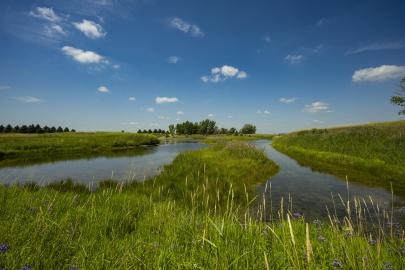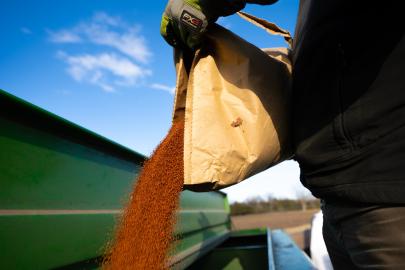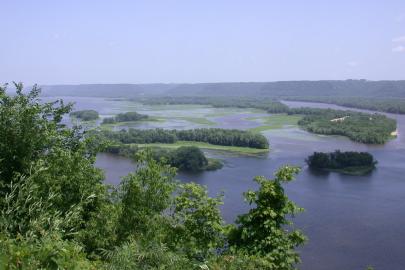Stay current
Get river news, FMR updates and event calendars twice a month.
update

update

update

update

update

update

update

Get river news, FMR updates and event calendars twice a month.
Receive FMR's biweekly email newsletter, Mississippi Messages Sign up